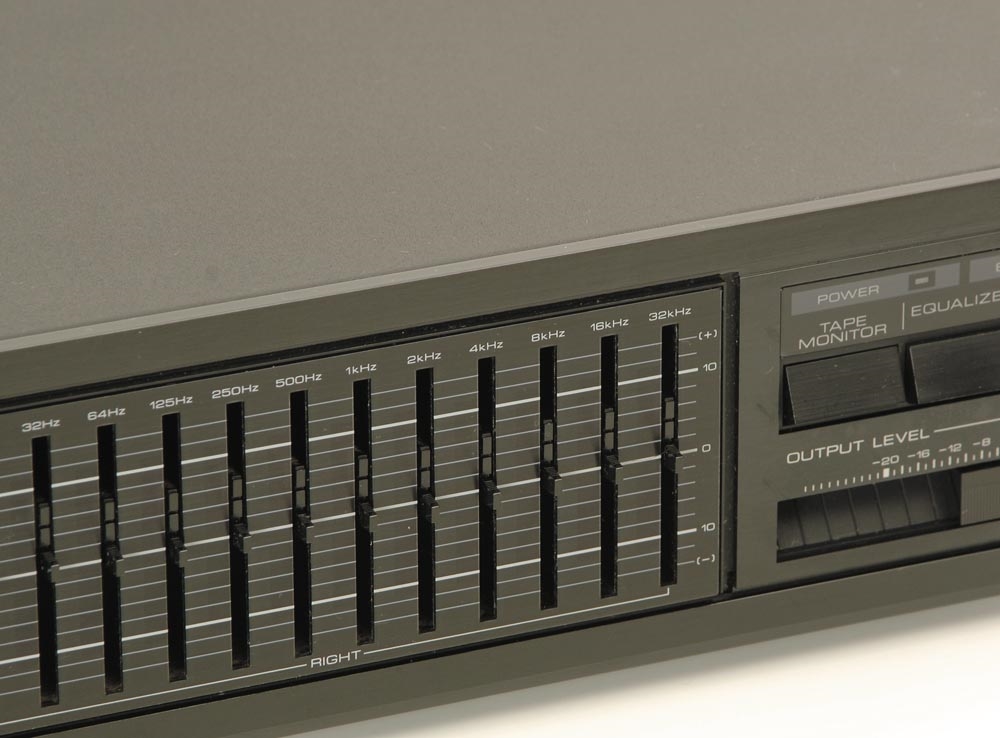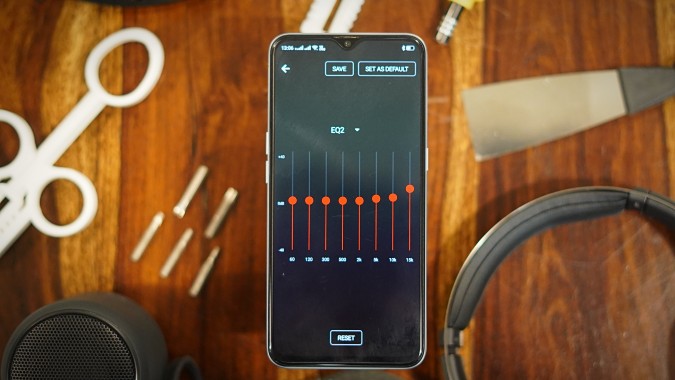

Or maybe those vintage speakers you found sound a little muddy in the mid and high frequencies - EQ can clean some of that up and help them sing.Īlso, we don’t always get to listen to music in ideal environments. Maybe you have a bass-heavy pair of headphones that you need to tone down a bit. Electronics manufacturers have their own ideas about what a piece of gear should sound like, but EQ lets you have your say. Then there are the headphones, speakers, and other devices we use to listen to music.

Maybe you like a little extra treble (or have a harder time hearing it) or you prefer a heavier thump in the low-end - EQ gives you the freedom to tailor the sound to the way you like it. But more specifically, because of the unique shapes of our ears, and even the hearing issues we may develop as we age, everyone hears music differently. Music is a personal endeavor and everyone likes what they like. Let’s start with the most important: preference. There are several reasons why you might want to use some EQ on your music, and they range from simple personal preference to more complex reasons such as format quality/characteristics and, perhaps most importantly, the effects that the devices and playback systems we use have on the music we listening to. Image used with permission by copyright holder Why do I want to use an EQ? How much is Spotify Premium and can you get a deal? What is Spotify? Music, pricing, and features explained No, Apple Music’s new Discovery Station won’t kill Spotify


 0 kommentar(er)
0 kommentar(er)
